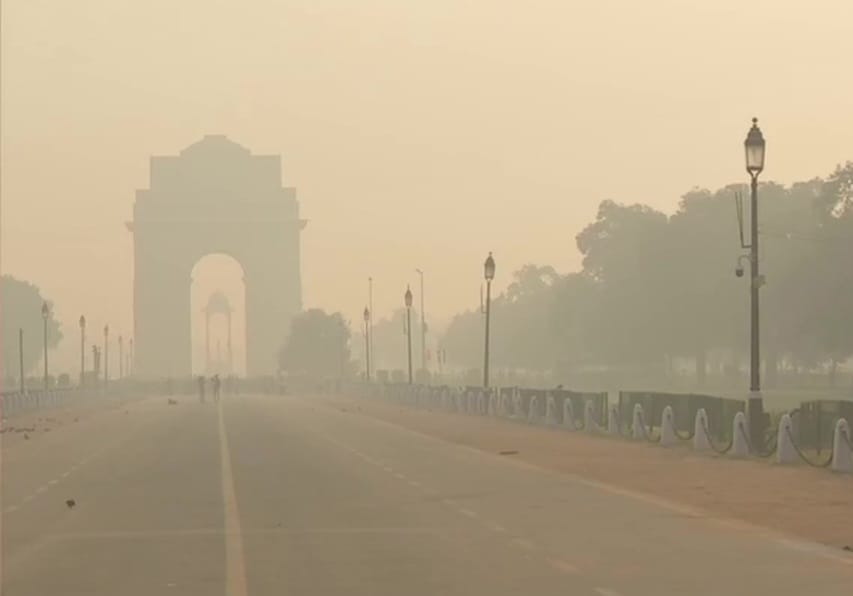The overall air quality in the national capital on Monday morning was recorded in the ‘Very Poor category’, with the Air Quality Index (AQI) at 306 against 302 recorded on Sunday afternoon, as per SAFAR- India.
As per SAFAR, the air quality at Kartavya Path near India Gate was measured at 266 on Sunday morning. In contrast, Noida recorded an Air Quality Index (AQI) of 290, placing it in the “Poor” category, while Gurugram registered an AQI of 152, categorizing it as “Moderate.” Anand Vihar, located in New Delhi, exceeded the “Very Poor” category with an AQI of 345, and ITO recorded an AQI of 309. New Moti Bagh displayed an AQI of 360, while Dwarka Sector-8 had an AQI of 313.
As the day progressed, the air quality around Delhi University deteriorated to an AQI of 330, classifying it as “Very Poor” by noon. Simultaneously, IGI Terminal T3 in New Delhi saw its AQI rise from 276 in the Sunday morning hours to 313.
The Air Quality Index serves as a tool for effectively communicating the current air quality status to the public in easily understandable terms. It comprises six AQI categories, including “Good + Satisfactory,” “Moderately Polluted,” “Poor,” “Very Poor,” and “Severe.”
Each of these categories is determined based on the concentrations of ambient air pollutants and their potential health effects, which are referred to as health breakpoints. According to the AQI scale, air quality falls into the following ranges: 0 to 50 is categorized as “good,” 51 to 100 is labeled as “satisfactory,” 101 to 200 is considered “moderate,” 201 to 300 falls under “poor,” 301 to 400 is classified as “very poor,” and 401 to 450 is designated as “severe.”
(Inputs from ANI)










